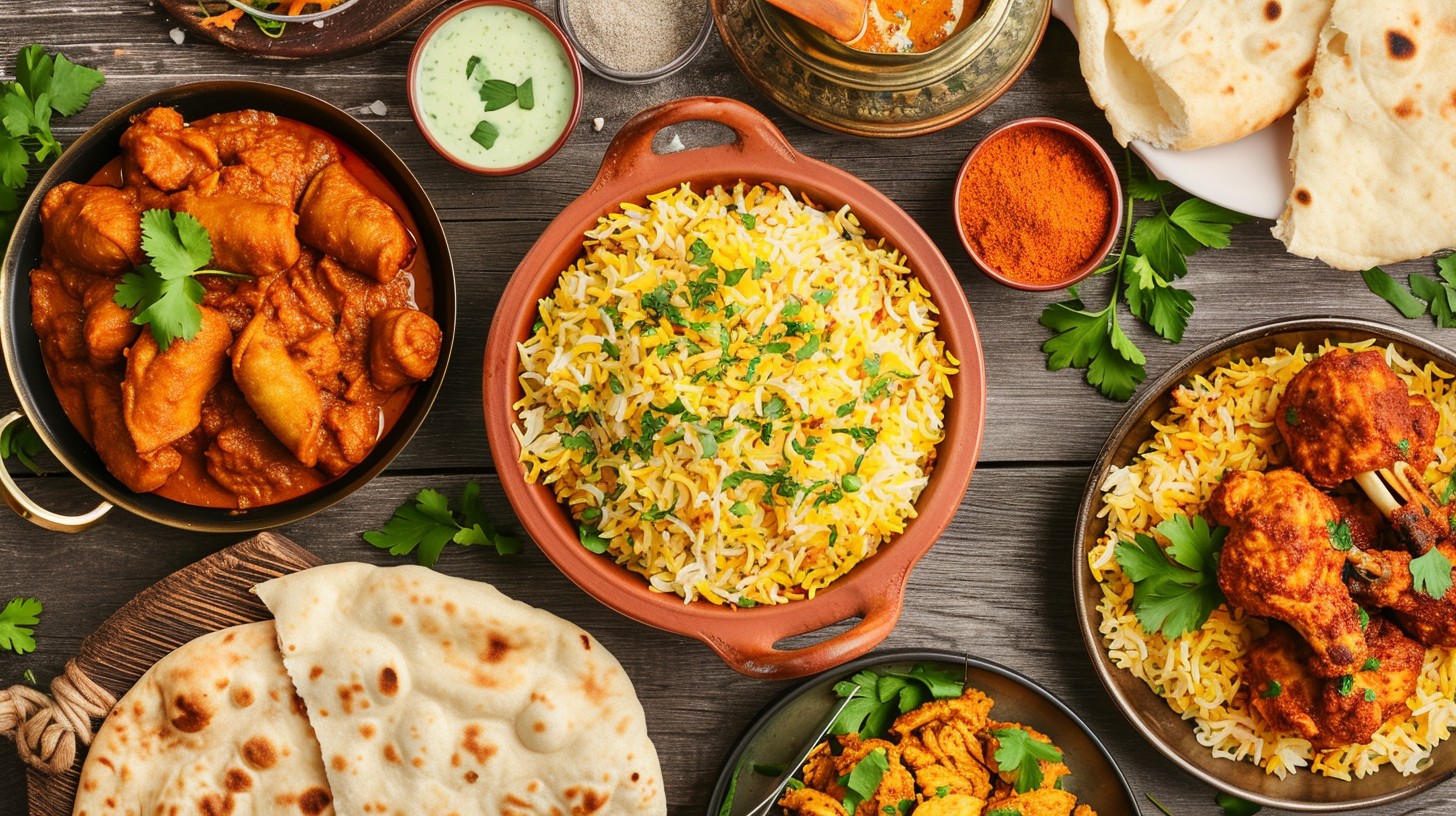As consumers increasingly favor food delivery over dining out, Swiggy and Zomato are thriving, but this trend is putting pressure on sales at major brands like Domino’s, KFC, and Burger King. BNP Paribas Exane suggests this shift in consumer behavior is here to stay.
The booming growth of Zomato and Swiggy is eating into the profits of quick service restaurants (QSRs) as more customers opt for the convenience of delivery instead of dining in. This change is intensifying competition in the food delivery space, making it harder for traditional QSR chains, as highlighted by BNP Paribas.
Zomato’s partner network has exploded, growing from 61,000 restaurants in FY19 to a staggering 276,000 in FY24. This massive expansion gives consumers a wider range of dining choices, leading to fragmented sales and compounding the challenges faced by the QSR sector.
“With Zomato’s restaurant partners now 51 times more than branded QSR stores in FY24, up from 22 times in FY19, we foresee continued fragmentation in sales,” the report noted. This fragmentation is further reducing daily sales for QSRs, which are already struggling with weak demand.
Jubilant FoodWorks, which operates Domino’s in India, has performed slightly better than some peers due to initiatives like free delivery. However, the fierce competition in the delivery market is squeezing profit margins across the industry.
Sameer Khetarpal, CEO and MD of Jubilant FoodWorks, pointed out that delivering food is less profitable than when customers pick up their orders, even with similar order sizes. Although this shift in order types helps overall margins, it has also contributed to a year-over-year drop in EBITDA, while still supporting positive same-store sales growth.
Despite recent revenue growth of 7-9% for QSRs, it’s lower than the 14% CAGR seen between FY19 and FY24. Management has attributed this slowdown to the tough macroeconomic environment, according to the BNP report.
Impact on Margins:
While new store openings have driven revenue growth, they have also put pressure on profit margins. Over the past two years, despite adding more stores, average revenue per location has remained flat or even declined, which has squeezed EBITDA margins due to increased competition and limited opportunities for price hikes.
In the first quarter of FY25, QSRs reported an 8% year-on-year sales increase, consistent with recent trends. However, this growth falls short of the industry’s overall pace and is accompanied by a significant decline in EBITDA margins, with a 400-600 basis point drop after rent.
Even as delivery platforms like Swiggy and Zomato work on improving their profitability, QSR chains continue to feel the squeeze on margins. For Jubilant FoodWorks, BNP Paribas expects adjusted EBITDA margins to rise from 12.6% in FY24 to 15.1% in FY26, which will require further improvements in same-store sales growth (SSSG).
The report also indicates that the growing influence of delivery aggregators may continue to shift the balance of power in their favor. “With store expansions slowing and ongoing pressure on SSSG, a sharp recovery in revenue growth and margins seems unlikely, which could lead to further cuts in consensus estimates,” BNP Paribas observed.
Jubilant has managed to perform slightly better than its competitors, thanks to initiatives like free delivery, but it has still seen lower gross margin expansion. In recent quarters, QSR sales growth has lagged behind the pace of new store openings, leading to significant margin cuts.
Capex and Expansion Plans:
Looking ahead, Jubilant FoodWorks plans to open 180 Domino’s stores and 20-25 Hong’s Kitchen outlets. Westlife Foodworld aims to add 45-50 new stores in FY25, with a focus on South India, smaller towns, and drive-throughs. Devyani International plans to open over 100 new KFC outlets and 50-60 Costa Coffee locations in FY25. Meanwhile, Sapphire Foods India intends to stick to its guidance of 3-4 new stores annually, and Restaurant Brands Asia expects to reach 510 outlets by the end of FY25.
With consumers continuing to prefer delivery over dining out, growth is being driven by delivery rather than dine-in, a trend BNP Paribas Exane believes will persist.
As seen in previous quarters, while new store openings have spurred sales growth, like-for-like (LFL) or SSSG growth has remained negative for most companies, with average daily sales (ADS) also declining year-over-year. Only Burger King and Jubilant posted positive SSSG/LFL growth at 3% each.
“With store expansions slowing and continued pressure on SSSG, a sharp recovery in revenue growth and margins seems unlikely, potentially leading to further cuts in consensus estimates,” the report stated.
Demand Outlook:
Although Q1 FY25 was a challenging quarter for the industry, companies are optimistic about the medium to long-term potential. Jubilant FoodWorks, Devyani International, Sapphire Foods India, and Restaurant Brands Asia are hopeful for a boost during the festive season, despite ongoing challenges with consumer discretionary spending.
Demand continues to be a challenge for both food delivery and dine-in services. Weak demand trends persisted in Q1 FY25 across categories, despite a high base. “Burger King was an exception, with sales growing 16% year-on-year on a base of 25%,” the report highlighted. QSR companies are cautiously optimistic about a gradual recovery in the coming quarters, supported by the festive season.


I’d like to find out more? I’d love to find out more details.